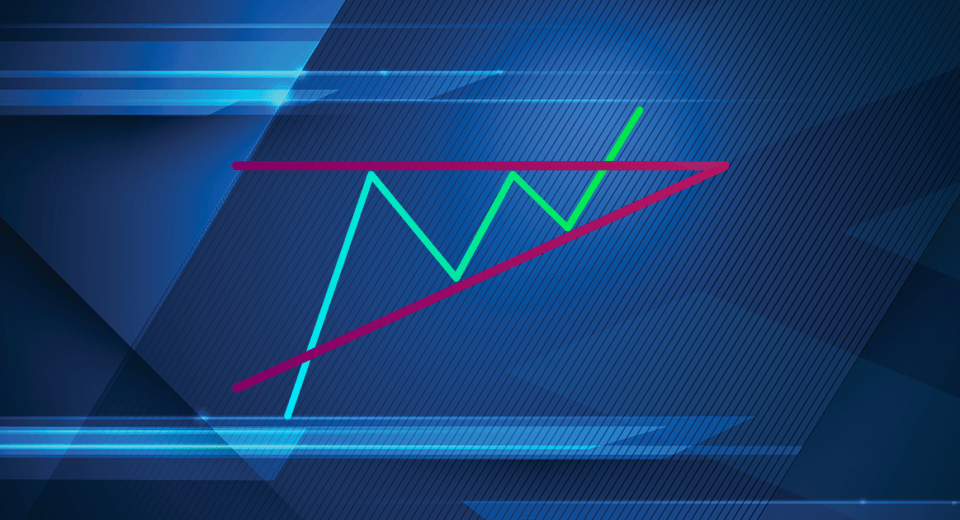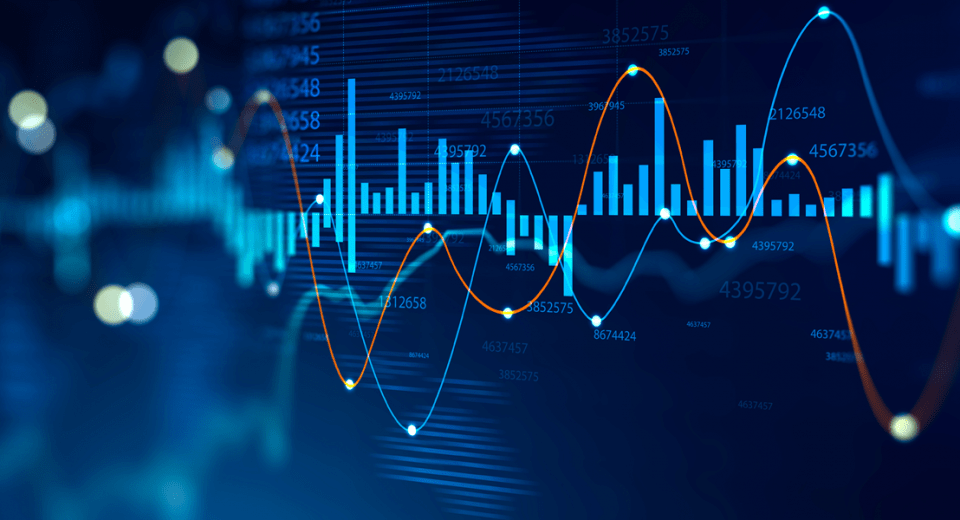Forex trading has hugely benefitted from the advent of robust online trade terminals, which enable traders to execute fast trades as well as gather important market fundamentals. But, trading is not only about electronic systems. A lot of it is also dependent on the trader’s psychology. While beginners do make errors, they tend to be cautious with their trades. On the other hand, experienced traders might overlook certain aspects or even become lax regarding rules, after years and years of successful trading.
So, there are times when even pro traders falter and there is much to be learnt from these mistakes for anyone participating in the financial markets.
1. Overtrading
“When the profits of trade happen to be greater than ordinary, over-trading becomes a general error both among great and small dealers.”
These are famous lines by the revered economist and author of The Wealth of Nations, Adam Smith. After years of successful trading, an experienced trader might miss out on risks involved in overtrading. A winning trade can often get converted into a losing one in a matter of seconds, when the market makes an unexpected move.
Trading too many positions at once also has an effect on the available margin collateral, which puts the account at risk. Trading frequently exposes a trader to unnecessary market risks. It is critical to never forget the importance of valuable groundwork before entering into trades.
How about keeping a trading journal to see whether your overtrading habits are the culprit for reduced net profits? Trading journals are not only for new traders, they should always be a part of your strategy.
2. Adding to Losing Positions
This can be considered a part of the above point. Traders often make the mistake of not cutting their losses short, in hopes of the market turning in their favour, sooner rather than later. Maybe, in the past, this did occur but it isn’t always the case.
Experienced traders develop a tendency to prove a point. Bearing a grudge against the market or even your trading system will often result in catastrophic losses. It would be wise to diversify your portfolio or strategy, so that a single loss doesn’t hit the bottom line in a hard way.
Calculate the maximum loss that can arise if a concentrated trade goes wrong and compare that to the losses from a diversified portfolio.
3. Overuse of Technical Indicators
Technical analysis is an important part of trading. It is vital to understand the historical price data, in order to develop good strategies for the future. Experienced traders have spent years mastering the use of technical indicators. They have a fair understanding of what to apply, and where and when, in order to get the right forex signals.
But, high dependence on technical indicators could lead to confusion, especially when they start giving contradictory signals. This might then result in unreasonable choices and missing out on good opportunities. So, choose a trading strategy and stick to it. Overcrowding of charts with indicators might only complicate the job.
Demo accounts are perfect places to learn and understand the pros and cons of different indicators and tools. Regardless of whether you know them all, there is always a better statistical tool out there. Modern trade terminals even allow you to create customised indicators.
4. Thinking Way More than Necessary
While it is necessary to weigh all aspects of market information, over-thinking often leads to losing precious opportunities. This is particularly true for experienced traders who might have had a string of losses. They become wary and fearful of the markets, and over-analyse positions.
Just like technical indicators, too many thoughts can cloud your brain. This is because there is always a particular market fundamental that will urge you not to enter a position. Sentiment analysis has often been helpful in these cases. See where other traders are flocking. Stay updated on economic reports and news releases.
5. Using Maximum Leverage
Forex trading is lucrative due to the availability of leverage. It is certainly tempting, since it allows you to increase your exposure exponentially. However, this also means potential for magnified losses, in case the markets turn unfavourable.
After a few years of experience, traders tend to forget the rule of having a risk-reward ratio. Trading with a skewed risk-reward strategy is likely to backfire, even for the most experienced traders. This is true even if you have sufficient capital in your account.
Keep in mind that leverage is borrowed funds, which have to be returned. If you are being offered 400:1 forex leverage, it doesn’t mean that you should use it. If you are indeed using high leverage, it would be wise to have effective risk mitigation strategies in place.
6. Ignoring Fundamental Analysis
As the legendary trader Paul Tudor Jones once said, “The secret to being successful from a trading perspective is to have an indefatigable and an undying and unquenchable thirst for information and knowledge.”
Even the brightest trader cannot succeed without proper research on market fundamentals. Whether you are pro or a novice, it is necessary to know the breaking news of the day, releases of economic reports and social trends. Forex prices are greatly influenced by geopolitical events globally.
When British Prime Minister Theresa May fails to convince members of parliament about the efficacy of the Brexit withdrawal agreement, it reflects on the pound sterling’s exchange rate. Similarly, trade wars between big nations like the US and China affect global crude oil prices and the value of the US dollar.
In this age of rapid social media communication, random tweets by US President Trump also has an impact on share prices and dollar value. We have seen it in the past and will perhaps continue to see that in the future. Almost all major central banks have a presence on Twitter today, and so do world leaders and economists.
Overall, experienced traders do have the advantage of larger capital, analytical software and researching capabilities, but mistakes can occur with a change in attitude. Overconfidence is the root of most major mistakes in the markets. It is important to learn from your mistakes and continue to grow as a trader. This comes from discipline and practice.
Reference Links





